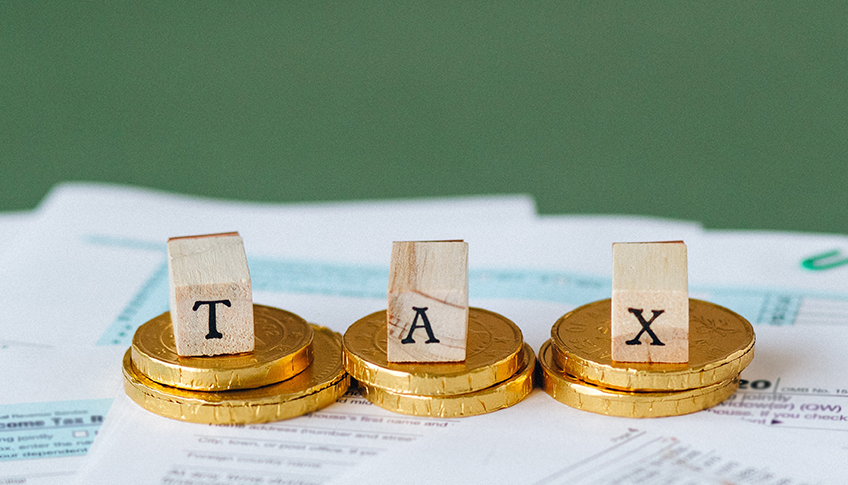Small businesses often think that research and development activities are far beyond their reach. After all, it can take a number of years before a business starts making a consistent profit and has the funds at their disposal to engage in these sorts of projects. Small businesses also tend to be more affected by volatile market conditions, such as those created by the Covid-19 pandemic. They may prefer to save what profits they do make for emergency situations.
However, many advisors will tell you that engaging in research and development is one of the most effective ways to grow your business. R&D can set you apart from your competitors, helping to strengthen your knowledge and industry insights so you are better prepared to meet challenges and embrace opportunities.
The Australian Government is aware of the factors at play that prevent small businesses from investing in research and development. They also understand that R&D typically leads to a bolstered economy and can transform small companies into global industry experts. As such, they offer the R&D Tax Incentive as a method of convincing eligible businesses to invest their time, resources, and funds into these activities.
Calibre Business Advisory has helped countless small businesses make the most of this incentive, alongside a number of other small business grants and offsets. Our trained and experienced financial experts can help guide you through every step of the process, helping you realise your business aspirations.
What is the R&D Tax Incentive?
The Research and Development Tax Incentive is a tax program run by the Australian Government that is designed to support companies looking to engage in R&D activities.
Companies that are participating in research and development may be eligible for one of two offsets, depending on their annual turnover:
● Less than $20 million: The refundable R&D tax offset is your corporate tax rate plus an 18.5% premium.
● More than $20 million: The non-refundable R&D tax offset is your corporate tax rate plus an incremental premium. The premium increments are based on your R&D intensity. This is a percentage of your eligible R&D expenditure as a proportion of your total expenditure for the year.
You should note that the rate of the offset is reduced to the company tax rate for the portion of your R&D deductions that exceeds $100 million for an income year. Technicalities such as this are why it’s well worth reaching out to Calibre Business Advisory for assistance navigating the incentive.
The R&D Tax Incentive is jointly administered by the Australian Taxation Office and the Department of Industry, Innovation, and Science.
Am I eligible?
The R&D Tax Incentive is designed to assist as many companies as possible gain financial assistance to support ongoing development. There are eligibility requirements, but they are quite broad in scope.
If you answer ‘yes’ to each of the following questions, you may be eligible for the R&D Tax Incentive:
● Is my business incorporated under Australian law?
OR
● Is my business incorporated under a foreign law but I am an Australian resident for income tax purposes?
OR
● Is my business incorporated under a foreign law but I am a resident of a country with which Australia has a double tax agreement and I carry on business in Australia through a permanent tax establishment?
● Are my research and development activities conducted for the benefit of my business?
● Are my total notional deductions for the income year at least $20,000?
If you answer ‘no’ to these questions or are still not sure whether you’re eligible, it’s best to speak to the team at Calibre Business Advisory. Special rules may apply for certain circumstances, such as if your total notional deductions for the income year are less than $20,000 or if your R&D activities are conducted by another entity.
How do I apply?
This program is a tax incentive, meaning you submit records and documents detailing your R&D activities come tax time. However, you do first need to register your activities with the Department of Industry, Innovation, and Science.
The incentive is also known as a ‘self-reporting’ program. That means it is your responsibility to check that you are eligible and keep thorough documentation on all of your research and development activities. As is the case with all tax related dealings, it’s important that you are able to substantiate your claims.
Some small businesses may still be put off by the idea of engaging in research and development because they feel they lack the financial skills to determine eligibility and keep appropriate records of their activities. If you fall into this category, we strongly recommend that you reach out to us at Calibre Business Advisory. Our friendly and experienced team can assist you with every step of the process, giving you the best chance possible of engaging in valuable research and development and benefiting from the R&D Tax Incentive.

